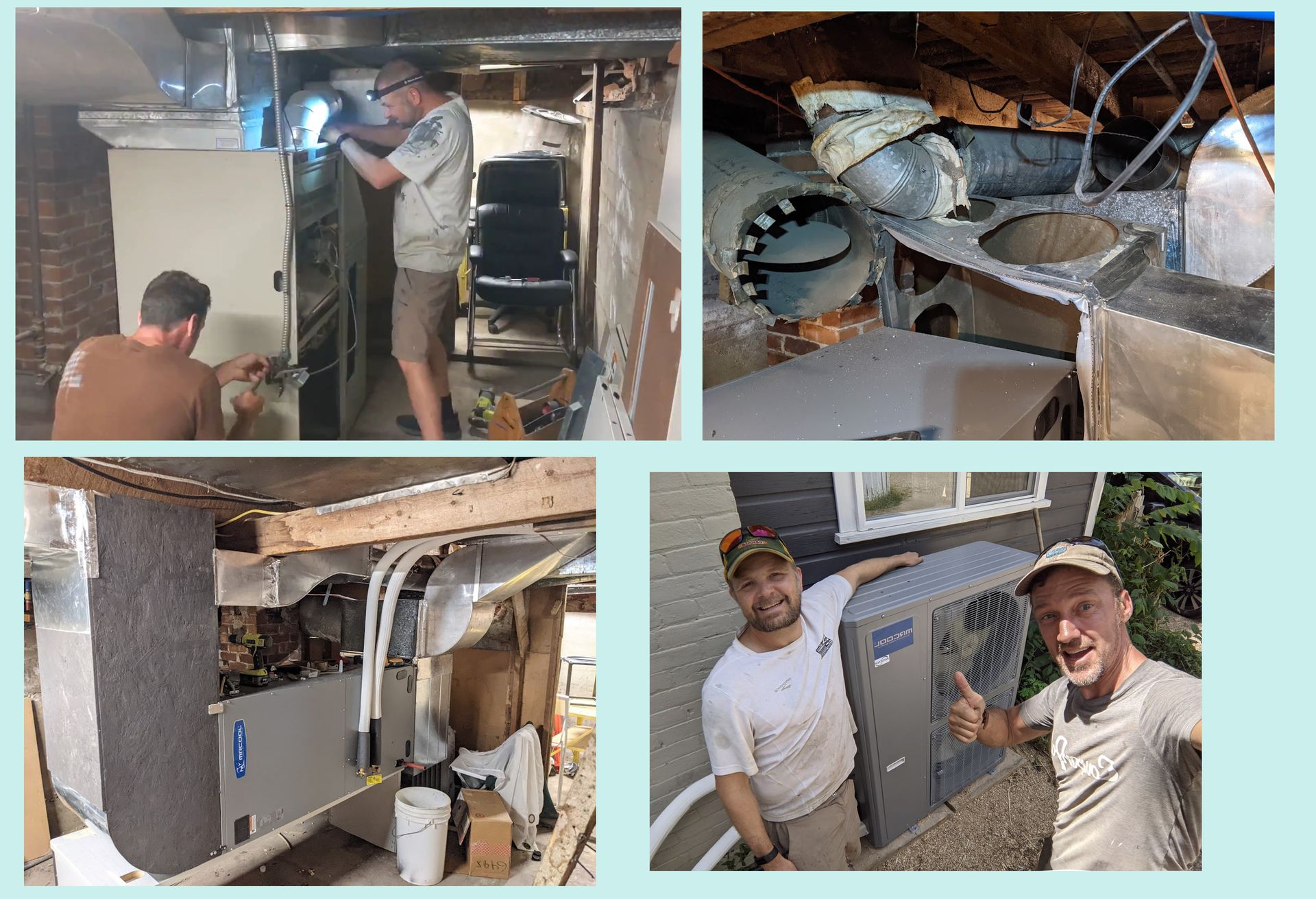

That's the whole point of “living like a resident” for 2-5 years after residency. However, if you're saving a ton, you can just do everything at once. Others struggle with the pay off debt vs, invest decision. Many investors struggle with deciding which types of accounts they should use to save. In slot canyons, just like with finances, you're often stuck between a rock and a hard place #5 Avoid Hard Choices Still, it's better than a kick in the teeth.įrom Fourth Year to the Real World ( part 1) ( part 2) saving $10,000 in inflation-adjusted dollars a year for the last 20 years ($200,000 total in today's dollars). If you actually do that, a better example would be saving $10,000 in inflation-adjusted dollars a year for the first 10 years ($100,000 total in today's dollars) vs. Most readers of personal finance books have seen the example that shows if you save $10,000 a year for 10 years ($100,000 total) and then allow that money to compound for another 20 years without additional contributions, you will end up with the same amount of money as someone who waits 10 years to start and then saves $15,000 a year for 20 years ($300,000 total.) The examples are a little misleading since most authors don't make any adjustments for inflation. Less of your eventual nest egg will have to come from brute force savings. It is ridiculously cheap for someone who doesn't need it after age 50, and you never even have to consider expensive permanent insurance.Įven if becoming financially independent or retiring early isn't your goal, you give your portfolio the chance to do more of the heavy lifting if you start early.

Since you're financially independent, you simply surrender the policy before the premiums ever get high. Plus, if you can become financially independent early in life, you can take advantage of “deals” like graded premiums, where your premium is low early and high later. But if you're living on 40%-50% of your income, you hardly need to insure it at all. The key factors in determining your life and disability insurance costs are how long you will need it and the size of your expenses.Īgents like to sell you as much disability insurance as you qualify for. Since insurance is unlikely to make you particularly happy (kind of like utility bills), it seems silly to spend more than you need to on it. You're burning the candle (years of working/saving) at both ends, so it gets short very quickly.ĭespite what insurance agents would like you to believe, insurance costs, on average, are a net drag on your financial life. But the point of the chart (and the calculation behind it) is clear-when you spend less, you save more and your need to save drops. I used a “net savings rate,” which means how much you save, adjusted for taxes (so using some theoretical discounted rate for tax-deferred accounts), divided by your after-tax income. That allows you to accumulate a larger nest egg, and it also lowers the size of the nest egg that you need. If you start off saving a big chunk of your money, you may NEVER reach the highest levels of hedonic adaptation. Studies suggest that there is little additional happiness to be had once income hits a reasonable living standard, about $75,000 per year in the US (up to $120,000 in expensive areas like Manhattan and the Bay Area.) Hedonic adaptation means that you are not any happier just because you spend more money. It is no secret that, behaviorally speaking, it is far easier to avoid growing into your income than to cut back on your standard of living. That doesn't mean you have to send the kid to the fancy-pants school, but at least it's an option. If you start early, your kid will have additional options that might not have been affordable if you started late. If you start too late, you may no longer have that option.Ĭollege savings is similar to retirement savings. If you start saving early, you can choose whether to be aggressive or conservative in your investments. These are all options someone who waits to save does not have. You may wish to change careers or choose a less lucrative practice option. By getting a good-sized nest egg in place early, you will have the option to cut back on work or even fully retire early. Perhaps the most important reason to save early is to allow for more choices later.


Physician Wellness and Financial Literacy Conference – Park CityĦ Reasons Why You Should Have a HIGH Early Savings Rate.Continuing Financial Education – Las Vegas.Financial Wellness and Burnout Prevention for Medical Professionals.


 0 kommentar(er)
0 kommentar(er)
